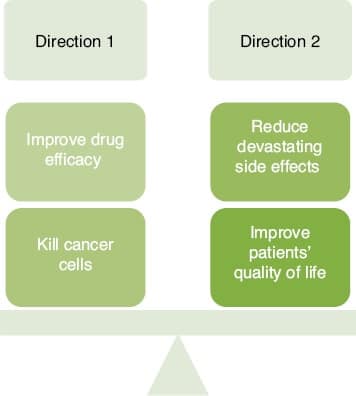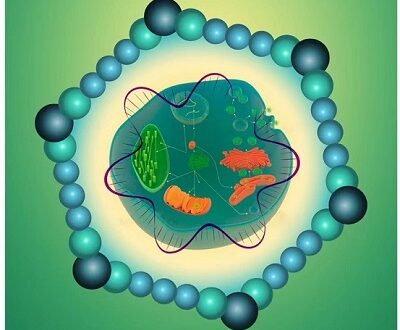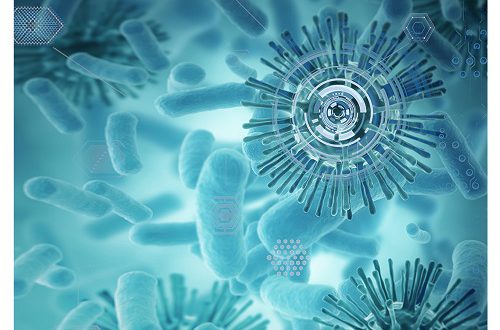
Understanding of the Entry Mechanism of Nanoparticles into Tumors Determines the Future Direction of Nanomedicine Development
Announcing a new publication for BIO Integration journal. In this commentary the authors Phei Er Saw and Sangyong Jon from Sun Yat-Sen University, Guangzhou, China and the Korea Advanced Institute of Science and Technology, Daejeon, Korea, consider how the entry mechanism of nanoparticles into tumors determines the future direction of nanomedicine development.
Enhanced permeability and retention (EPR) allows nanoparticles to passively accumulate at tumor sites via gaps between endothelial cells (inter-endothelial gaps) in tumor-associated blood vessels that have abnormal structural integrity with pores ranging in size from submicron to micron. The authors review future directions of nanomedicine development, focusing on the mechanism of nanoparticle entry into tumors instead of clinical transformation itself. Designing better nanoparticles to achieve efficient clinical transformation can be informed by a deep understanding of the mechanism of nanoparticle entry or the mode of action.
Article reference: Phei Er Saw and Sangyong Jon, Understanding of the Entry Mechanism of Nanoparticles into Tumors Determines the Future Direction of Nanomedicine Development, BIO Integration, 2021, https://doi.org/10.15212/bioi-2020-0033
BIO Integration is fully open access journal which will allow for the rapid dissemination of multidisciplinary views driving the progress of modern medicine.
As part of its mandate to help bring interesting work and knowledge from around the world to a wider audience, BIOI will actively support authors through open access publishing and through waiving author fees in its first years. Also, publication support for authors whose first language is not English will be offered in areas such as manuscript development, English language editing and artwork assistance.
BIOI is now open for submissions; articles can be submitted online at:
https://mc04.manuscriptcentral.com/bioi
Please visit www.bio-integration.org to learn more about the journal.
Editorial Board: https://bio-integration.org/editorial-board/
BIOI is available on the IngentaConnect platform (https://www.ingentaconnect.com/content/cscript/bioi) and at the BIO Integration website (www.bio-integration.org).
Submissions may be made using ScholarOne (https://mc04.manuscriptcentral.com/bioi).
There are no author submission or article processing fees.
Follow BIOI on Twitter @JournalBio; Facebook (https://www.facebook.com/BIO-Integration-Journal-108140854107716/) and LinkedIn (https://www.linkedin.com/company/bio-integration-journal/).
ISSN 2712-0074
eISSN 2712-0082




